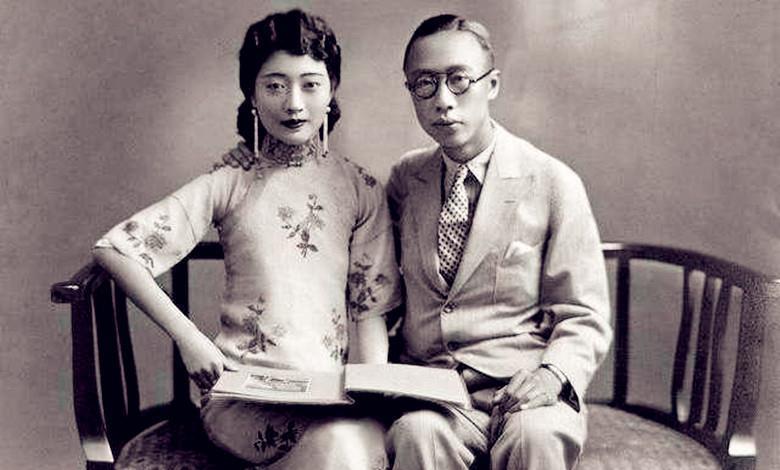After thousands of years of feudal dynasty rule in our country, there have been many wise monarchs with great talents, but also many unscrupulous monarchs who only know how to seek pleasure and indulge in wine, and when the fortunes of a dynasty are exhausted, most of the kings of the fallen country are more miserable, either killed or imprisoned for life, and they are reduced to prisoners who cannot die well.

The situation of an emperor we want to talk about today is a little special, he is the last emperor of the Qing Dynasty, his life is ill-fated, he has ascended to the throne many times, he has been driven down, and finally he has become a victim of the times, he is the last emperor Puyi.
After the founding of New China, Puyi was pardoned through labor reform and became a legal citizen, but in his later years, the god of luck still did not take care of him, and he died of uremia in 1967 at the age of 61.
After Puyi's death, his ashes were finally moved out of Babao Mountain, and the reason behind it was laughable, so let's look down.
According to the consistent rules of ancient emperors, the emperor would build a mausoleum in advance before he died, and the Xuantong Emperor Puyi was no exception, but he only ascended the throne for three years, and the Qing Dynasty collapsed in the wind and rain, so his mausoleum did not have time to build.
After Puyi abdicated, the Beiyang government still agreed that he should temporarily live in the Forbidden City, and the palace maids should also stay in the palace, and the emperor's honorific title was not abolished at that time, so when Puyi was ten years old, the small imperial court decided to find him a feng shui treasure land as a place of eternal rest in the future.
Unexpectedly, not long after his birthday, Feng Yuxiang launched a coup d'état and expelled Puyi from the Forbidden City, and since then Puyi has lived a life of displacement and exile, and then he was busy restoring, and as a result, after the fall of the puppet state of Manchukuo, he was captured by the Soviet army and began a career of transformation.
Puyi witnessed the decline and fall of the late Qing Dynasty, the warlords of the Republic of China and the War of Resistance Against Japan, and he was also fortunate to witness the rise of a new China, although Puyi was adrift in the first half of his life, but he was able to settle down in his later years.
In 1959, he was pardoned and released from prison, the state found him a job, went to the hukou, and also let him enjoy the right to vote, Puyi, who got the vote at that time, was very excited, he felt that he had truly become a Chinese, and then Puyi, who had no worries about food and clothing, pulled Du Yuming and Wang Yaowu and others out of the restaurant.
Life has been satisfied, the spirit should also have a dependence, under the arrangement of the organization, Puyi and 37-year-old Li Shuxian married, but after marriage the two did not appear so loving, often for family trivia outbreaks of contradictions, but every time Puyi will take the initiative to admit mistakes, he is afraid of divorce in his heart, the couple lived together for five years, until later Puyi died of illness.
Originally, Puyi's ashes were buried in the cemetery of Babaoshan, but they were later moved out, and the real reason was laughable.
It turned out that in the 90s of the last century, Li Shuxian often dreamed of Puyi, she told her friend that she had a dream, dreamed that a friend came to his home with a dragon, and the friend said that he was going on a business trip to keep the dragon, who knew that as soon as he let go, the dragon went into the well.
Then Li Shuxian superstitiously said that Puyi was giving her dreams, so she moved Puyi's ashes to the Hualong Royal Cemetery.
This Hualong Royal Cemetery, although the name has the word "royal", is a private commercial cemetery, when Li Shuxian buried Puyi's ashes in the cemetery, no other relatives attended, and the relevant units also said: Li Shuxian is a widow and the first heir, and where she puts her ashes is her right.